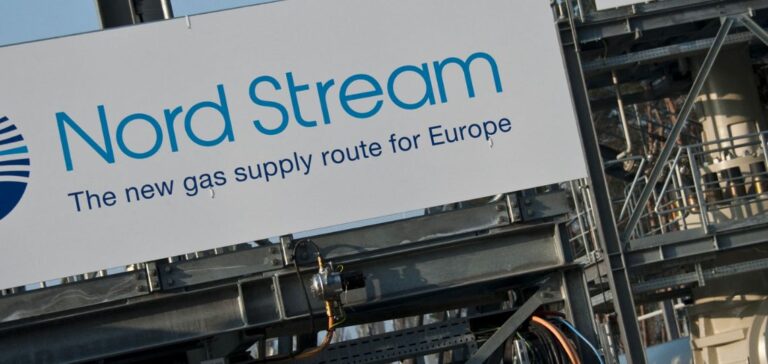The German judiciary has decided to open an investigation after the recent leaks on the Nord Stream 1 and 2 gas pipelines in the Baltic Sea, in addition to ongoing investigations in Sweden and Denmark, said
said Monday the federal prosecutor’s office.
The investigators suspect “an intentionally caused explosion and sabotage”, said the prosecutor’s office of Karlsruhe, without naming the alleged perpetrator.
“There is sufficient evidence that both pipelines were deliberately damaged by means of at least two detonations,” adds the Federal Prosecutor’s Office, which is responsible for the most sensitive cases.
The Nord Stream pipelines were strategic facilities for the direct delivery of Russian gas to Germany, to which they are connected.
The hypothesis of sabotage is favored by the Swedish public prosecutor’s office, which opened an investigation a few days after the leaks occurred, caused by two explosions of unknown origin on September 26.
These explosions took place outside the territorial waters, but in the exclusive economic zones of Sweden and Denmark.
Berlin, Stockholm and Copenhagen had already announced the formation of a joint investigation cell.
The German Federal Prosecutor’s Office is joining the investigation because “this is a particularly violent attack on the country’s energy supply, which weakens its internal and external security”.
For technical reasons, the pipelines, which were not in operation, were filled with methane gas, which spilled into the Baltic Sea in large quantities.
Russia, to which all eyes have turned, rejects any responsibility, pointing to the United States which in turn has denied any responsibility.






















